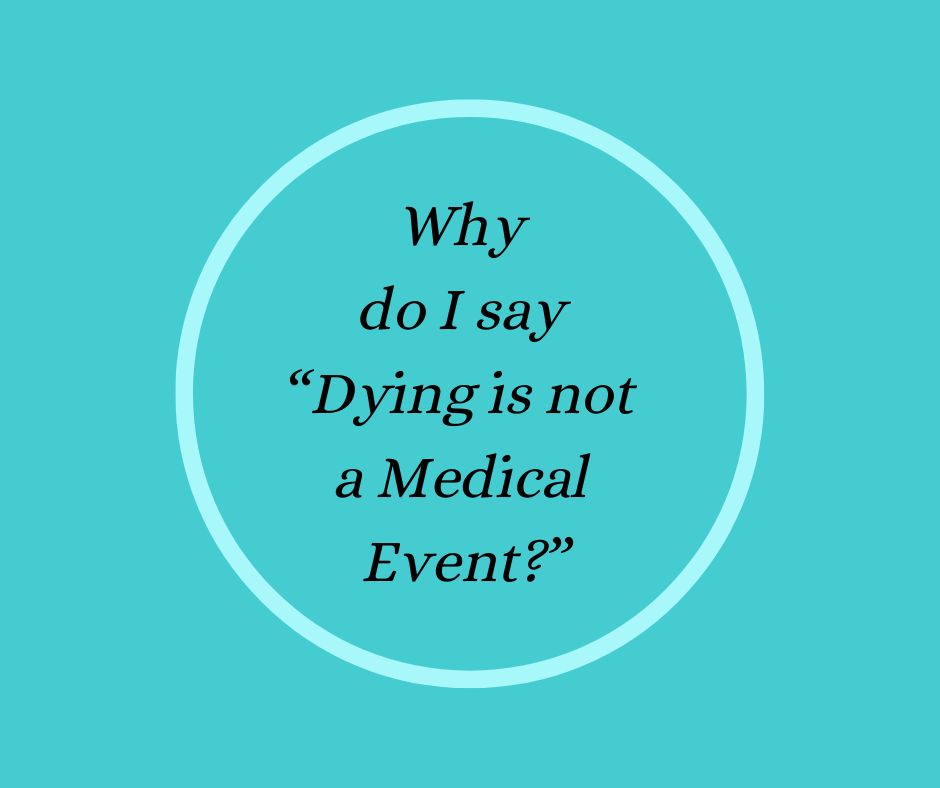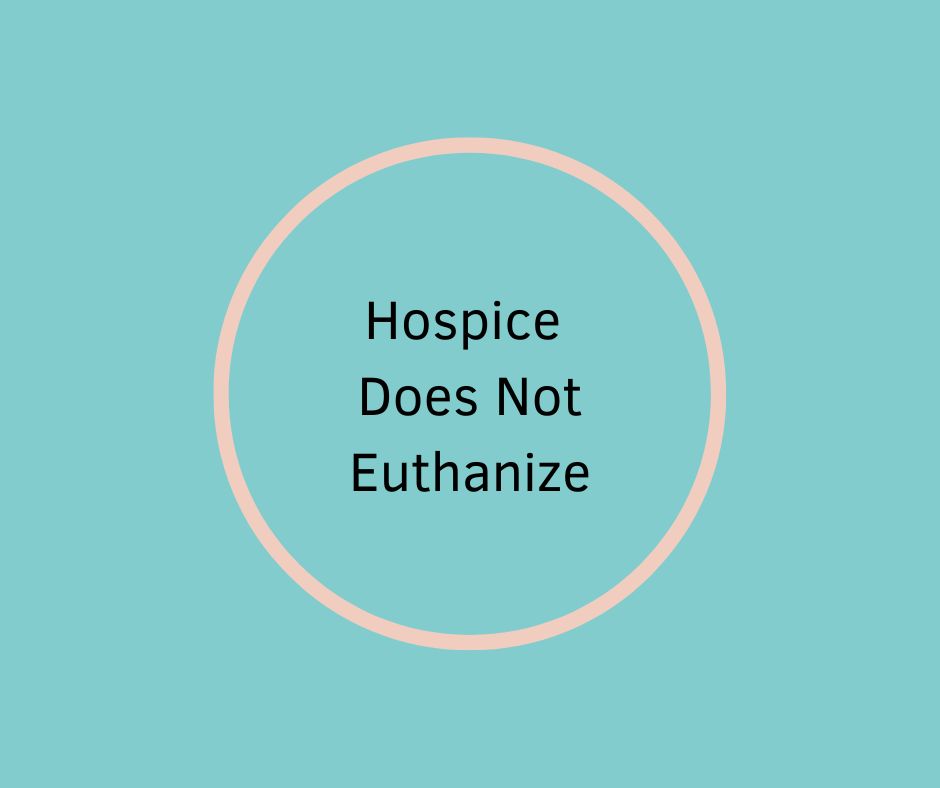Terminal restlessness is a medical term for agitation as end of life approaches. It usually begins one to three weeks before death from disease or old age.
The restlessness shows itself by random body movements, hands picking the air or clothing, mumbling, talking but not making sense, by just not being settled and quiet. The person is now beyond expressing with words. There are few if any rational conversations.
This restlessness can be a lack of oxygen to the brain but more likely it is just part of the natural way we die.
We are all going to be afraid to some degree as we approach death. This is normal and natural. Also we know when we are dying. It is no secret. We live inside of our bodies--we know.
In the months before death from disease we don’t believe we can’t be fixed but there comes a point where we indeed know the time is near (one or three weeks before we actually die from disease is about that timetable). Can the restlessness being experienced be an expression of fear? Maybe?
Realizing in the core of our being that we are going to die we become frightened and that fear shows itself in agitation. “If I lay down and close my eyes I may die” so we don’t lay still, we move about.
Most of the time this restlessness, this agitation is not destructive. It is not severe. If the movements become thrashing about or hurtful and become a danger to the person and/or others then a medication to calm is needed. That medication is not necessarily a narcotic. There are other drugs more effective for terminal restlessness than a narcotic. Most people, however, do not need medications for sedation or calming.
Again this activity is normal and natural. It is a part of the dying process from disease or old age. Nothing bad or unusual is happening. The restlessness is just a part of the way we die.
This activity is actually one of the signs we look for that says the “labor of dying” has begun. It is that normal.
Something More... about Terminal Restlessness Is Part of the Way We Die.
When the patient is a couple days to hours before death, The Eleventh Hour: A Caring Guideline for the Hours to Minutes Before Death gives ideas for what to do and say as well as how to care for the person who is approaching death. Caring for someone at end of life is different than caring for someone who will get better. I have put together a bundle of the most important resources to educate patients and families after a life limiting diagnosis has been given. It is called The Family Support Bundle. It may be exactly what you need right now.








8 comments